
GET TO KNOW WSCB
All About Us
Our Core Beliefs
-
Machine intelligence is racing ahead, completely changing the competencies needed for fulfilling careers and responsible citizenship. Our children will be adults in a world that values higher-order competencies — critical thinking, creativity, audacity, collaboration, the ability to leverage resources. Yet these very competencies are undermined by data-driven education policies resting on a model designed brilliantly . . . over a century ago . . . to prepare kids for the industrial era. That era is long gone, and we need to re-imagine school to prepare kids for their futures, not our pasts.
-
Each child has distinctive interests, talents, and potential. Toddlers are curious, creative, bold, and willing to stare down failure – essential traits for adults in our dynamic, innovation-driven world. But by high school, these traits have largely disappeared from most students, in most schools. This isn’t the fault of our teachers; it’s inherent in the system’s design. It’s collateral damage from a relentless focus on ranking students (and their educators) with high-stakes standardized tests of low-level capacities. This intense standardization robs America’s youth of the opportunity to go deep on what they care about, to build distinctive competencies, and to create differentiated paths forward – the very things that enable them to blossom into purposeful, contributing members of society.
-
America has spent decades seeking to improve education through data-driven policies, with the hollow goal of increasing aggregate test scores and closing a test-score ‘achievement’ gap. After massive amounts of time and money, we have little to show for it, other than ill-prepared students and demotivated teachers. We hold educators accountable to measures they have no voice in, don’t believe in, and that differentially penalize educators working with our most challenged students. In chasing higher test scores, we impair — not prepare — kids for their futures, and lose all touch with school’s true purpose.
-
There is deep expertise in the classrooms and schools across America. We need to listen to, and learn from, educators in the field. We need to support them in creating learning environments that help students develop essential competencies. We need to trust educators to develop authentic accountability frameworks. For decades, we’ve piled more and more demands on teachers, with declining levels of trust, respect, and financial support. And now, the pandemic has turned steady erosion into an avalanche of mistreatment — jeopardizing the future of our schools, our children, and our nation.
-
Our Declaration of Independence promises every American the right to life, liberty, and the pursuit of happiness. That promise is empty unless every child in America has access to a world-class K-12 education that launches them into a life of dignity and freedom. We may be polarized as a country, but most agree that our education system shouldn’t perpetuate centuries of racial injustice and income inequity. We can’t keep short-changing children who need the most support, while affluent kids receive excellent early childhood care, attend well-funded K12 schools, and dominate enrollments at selective four-year college. We need education priorities that give every child in America a fair shot at the ‘pursuit of happiness.’
-
Thomas Jefferson forewarned that education is the foundation of our democracy. Today, America’s democracy is in peril. Catchy slogans and more testing won’t produce the education transformation that we need. But if we bring urgency to restructuring funding models and vision to re-imagining learning experiences, we can elevate the futures of millions of children, thousands of communities, and our nation. We can’t wait for policymakers to offer sensible priorities or inspiring vision. We the people must change the system – not next decade, not next year, but now. Our educators know what to do, and our communities need to support them. The stakes couldn’t be higher — the very future of our democracy hangs in the balance.
Meet the Team
-

Josh Reppun
WSCB Global Community Evangelist
-
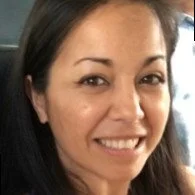
Mel Ching
WSCB Global Knowledge Curator
-
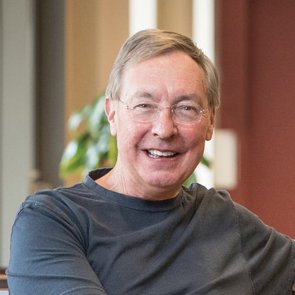
Ted Dintersmith
WSCB Global Community Founder
-

Lynn Cvengros
WSCB Global Innovation Synergist
-
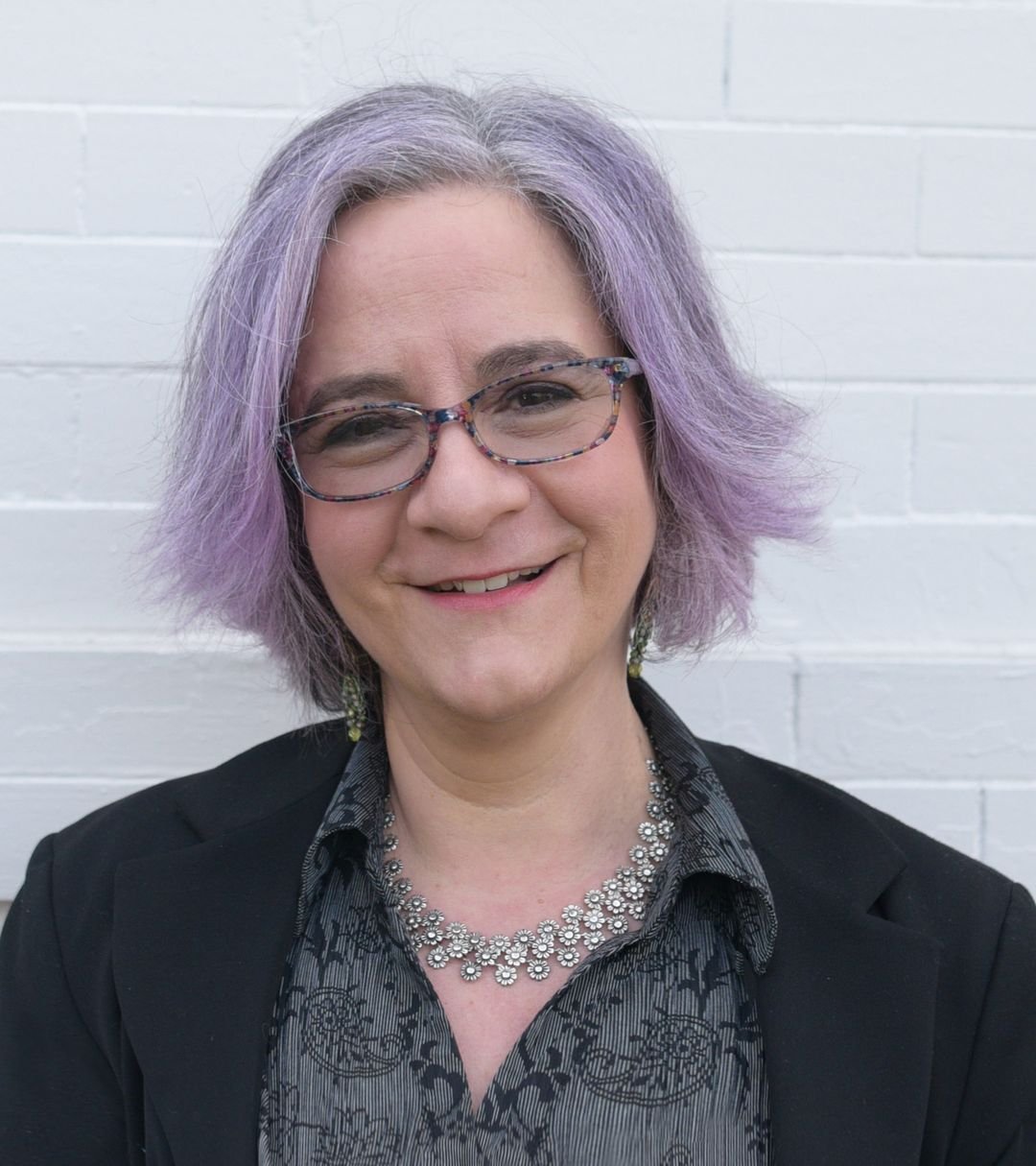
Jennifer D. Klein
Managing Editor, WSCB Chronicle
-

Ashley Dos Santos
WSCB Global Brand Architect
-
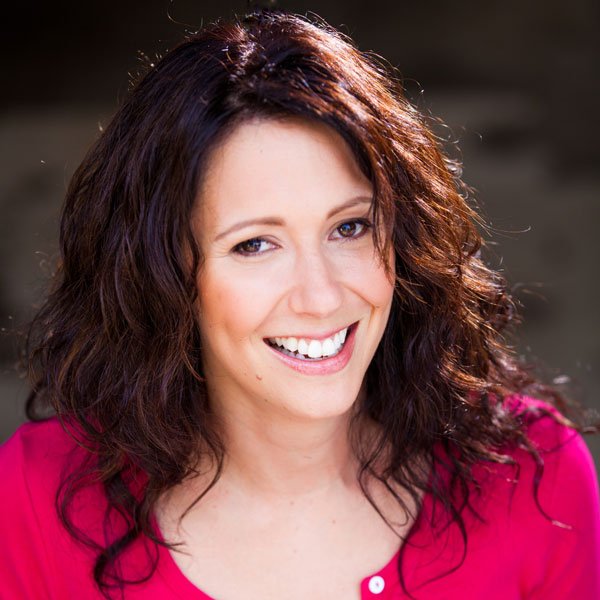
Kimberly Dilts
WSCB Global Media Productions
-
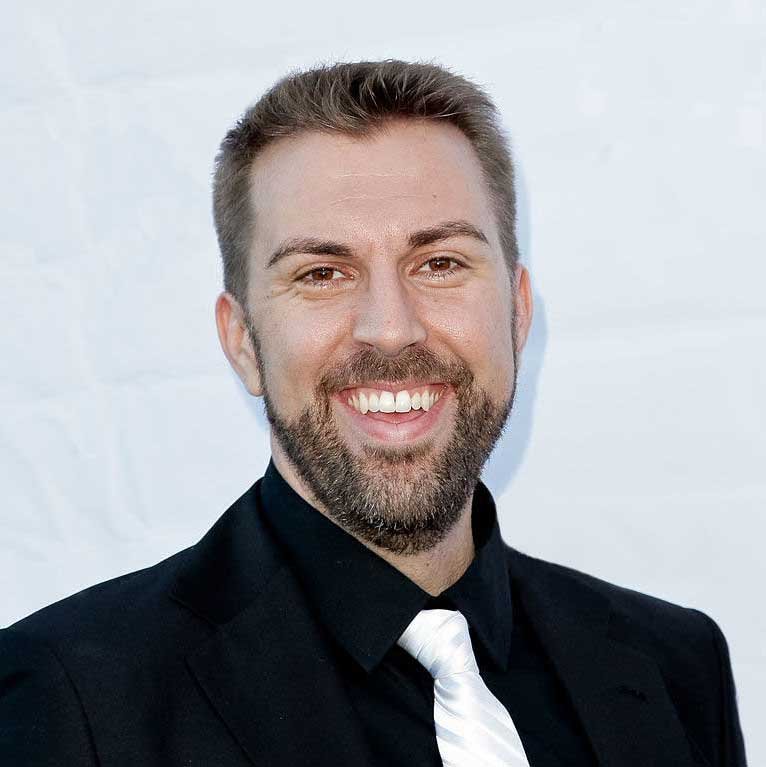
J.T. Arbogast
WSCB Global Media Productions
-

Robert Landau
WSCB Global Ambassador
-

Trinity Asing
ʻAha Kūkā Project Manager
-

Emma Jean George
WSCB Global Community Archivist
-

Hadley Ferguson
Advisory Team
-

Ian Kitajima
DESIGN THINKING HAWAI`I & PICHTR
-

Ben Owens
OPEN WAY LEARNING
-
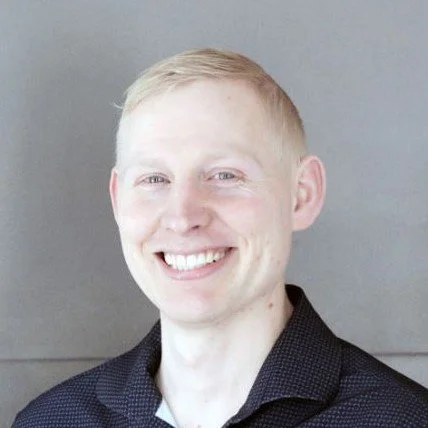
Nathan Strenge
FIELDING INTERNATIONAL
-

Jimmy McCue
EMBARK EDUCATION + OPEN WAY LEARNING
-

Carmen Coleman
OHIO VALLEY EDUCATION COOPERATIVE
-

Andrea Ferrari
GREAT PLACE TO STUDY / WHOLE SCHOOLS INTERNATIONAL
-

Suzie Boss
PBL ADVOCATE/AUTHOR
-
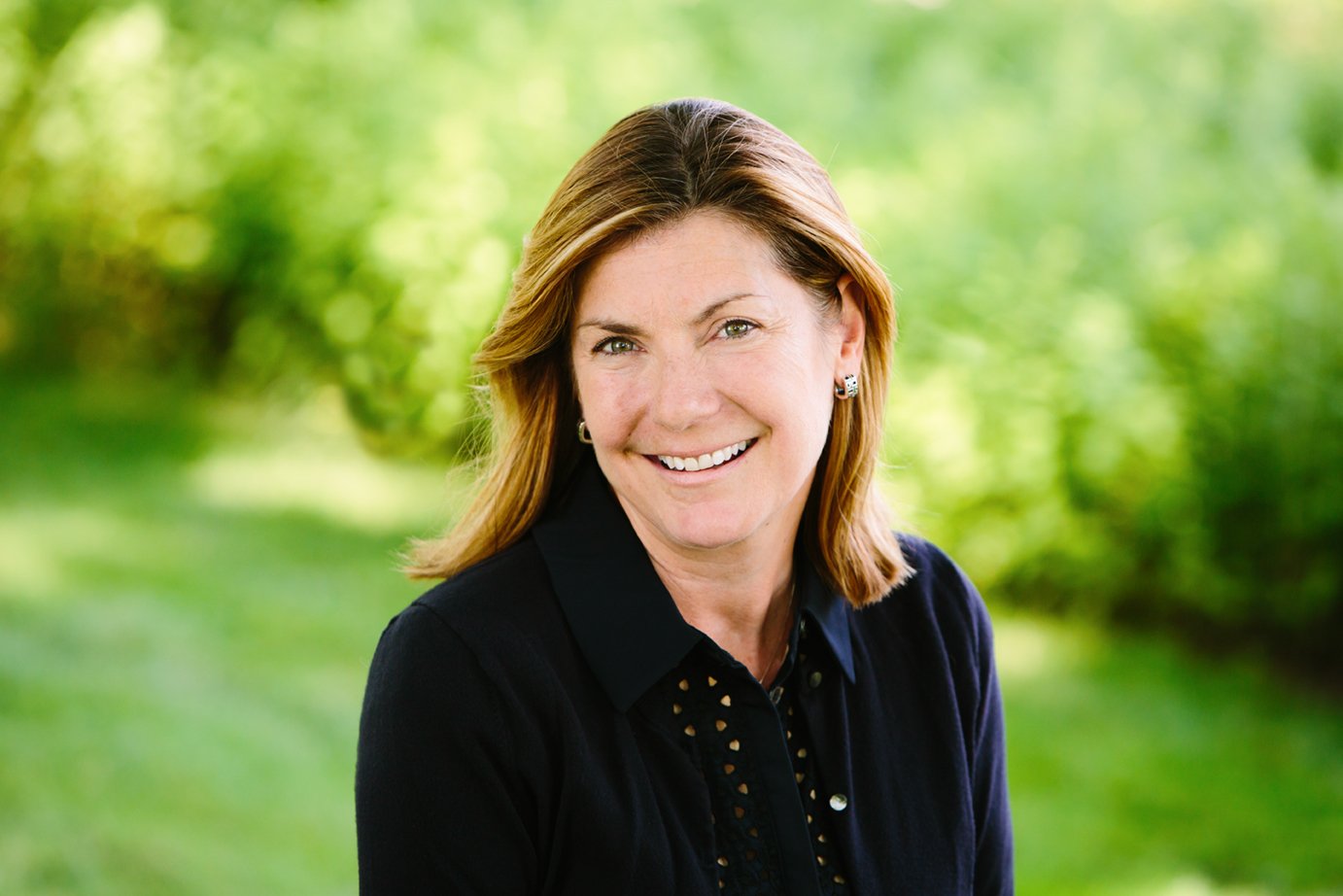
Laura Light
ASSOC. FOR ADVANCEMENT OF INTERNATIONAL EDUCATION
-

Bob Lenz
PBLWORKS
-
Barnett Berry
WSCB ADVISOR AND AMBASSADOR
-

Hannah Grady Williams
D’SKILLS
-
Parul Punjabi Jagdish
AIME INC
-

Pasi Sahlberg
UNIVERSITY OF HELSINKI FINLAND
-
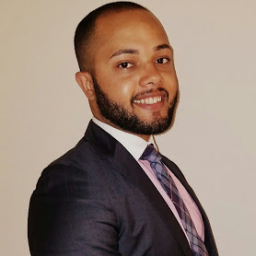
Carlos Beato
NEXT GENERATION LEARNING CHALLENGES
-
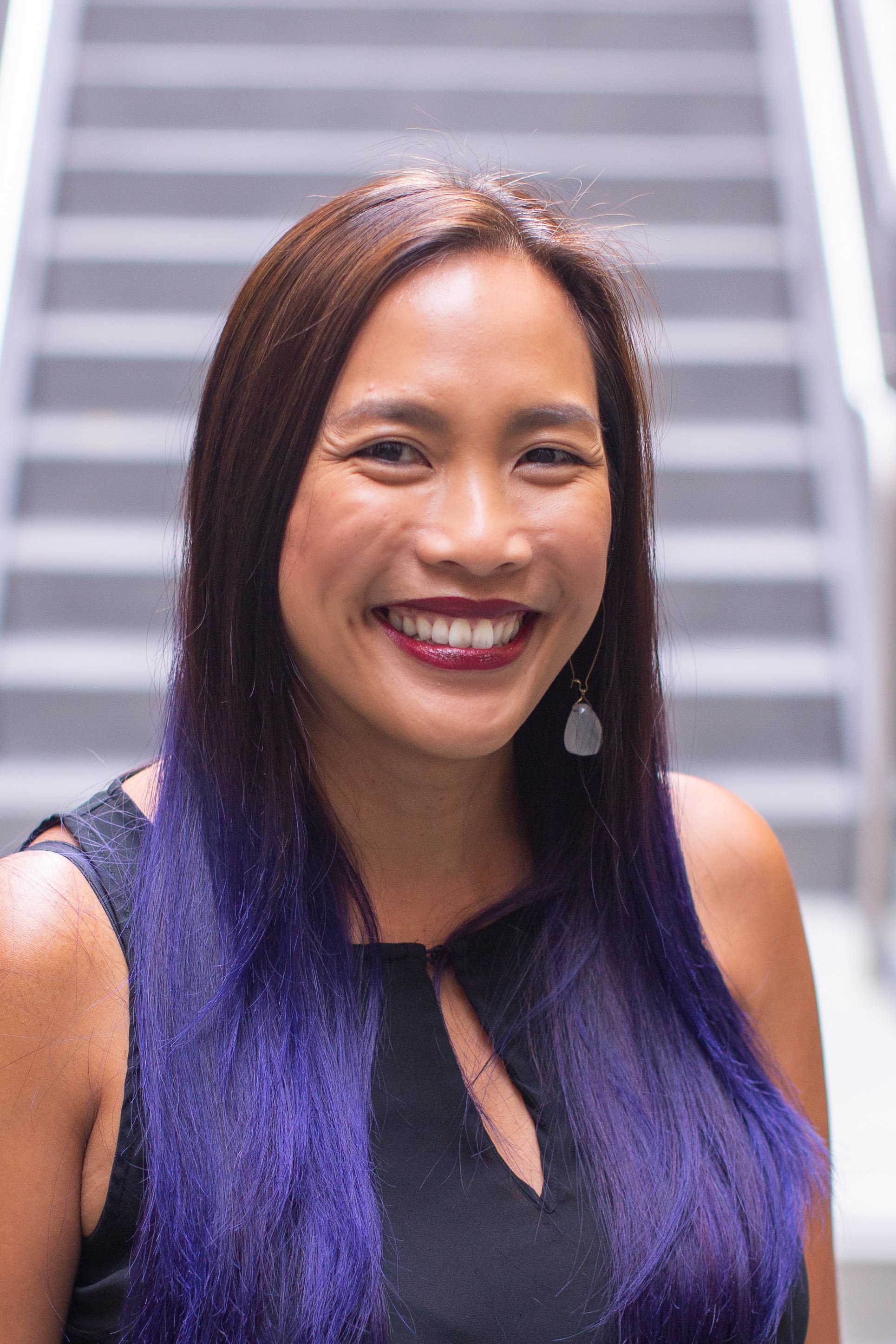
Mari Jones
DEEPER LEARNING HUB AT HTHGSE
-

Abeer Ramadan-Shinnawi
ALTAIR EDUCATION CONSULTING
-

Mahealani Jackson
STUDENT - KAMEHAMEHA SCHOOLS ‘25
-

Kenneth Shelton
ELEVATE EDUCATION
-
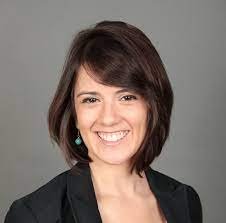
Sunanna Chand
THE REINVENTION LAB AT TEACH FOR AMERICA
-

Tony Wagner
LEARNING POLICY INSTITUTE
-

Ross Wehner
WORLD LEADERSHIP SCHOOL / TEACHUNITED
-

Evan Beachy
Kamehameha Schools Strategy and Experience


